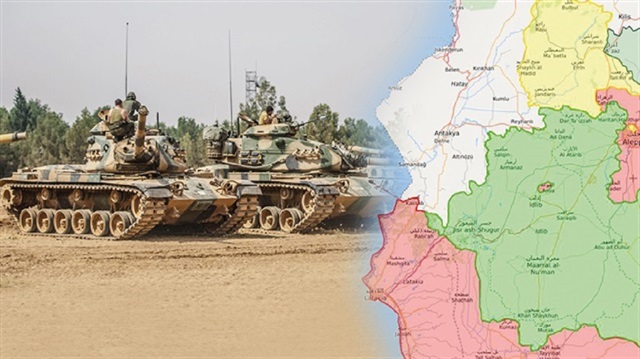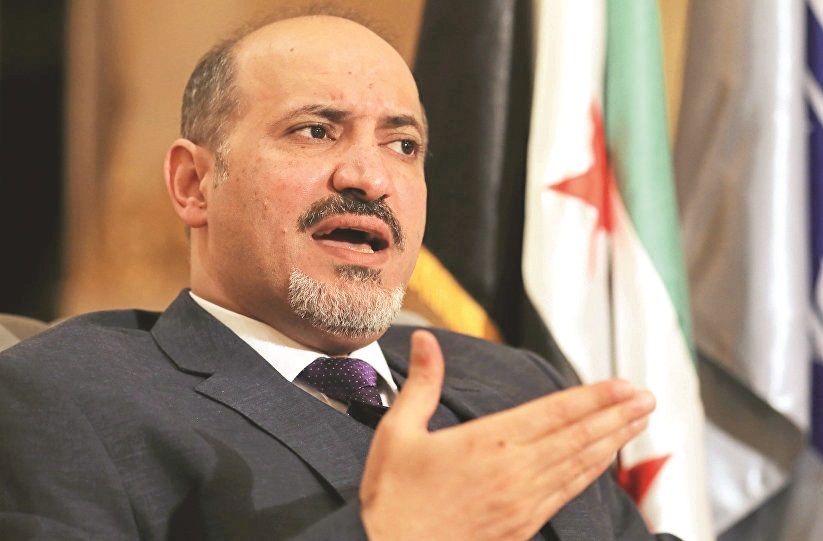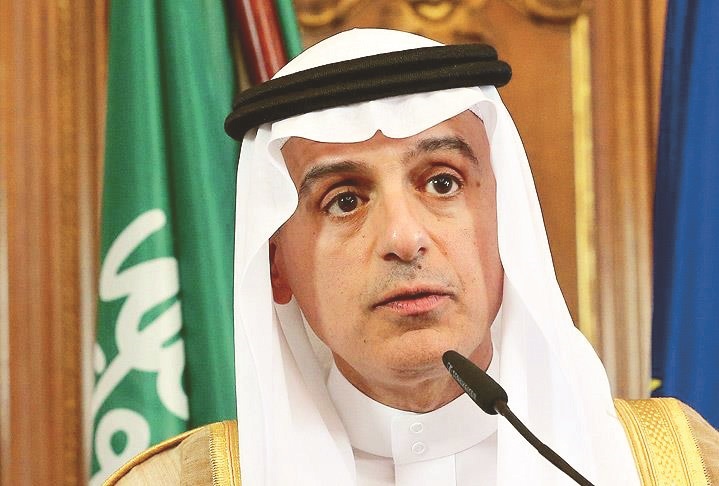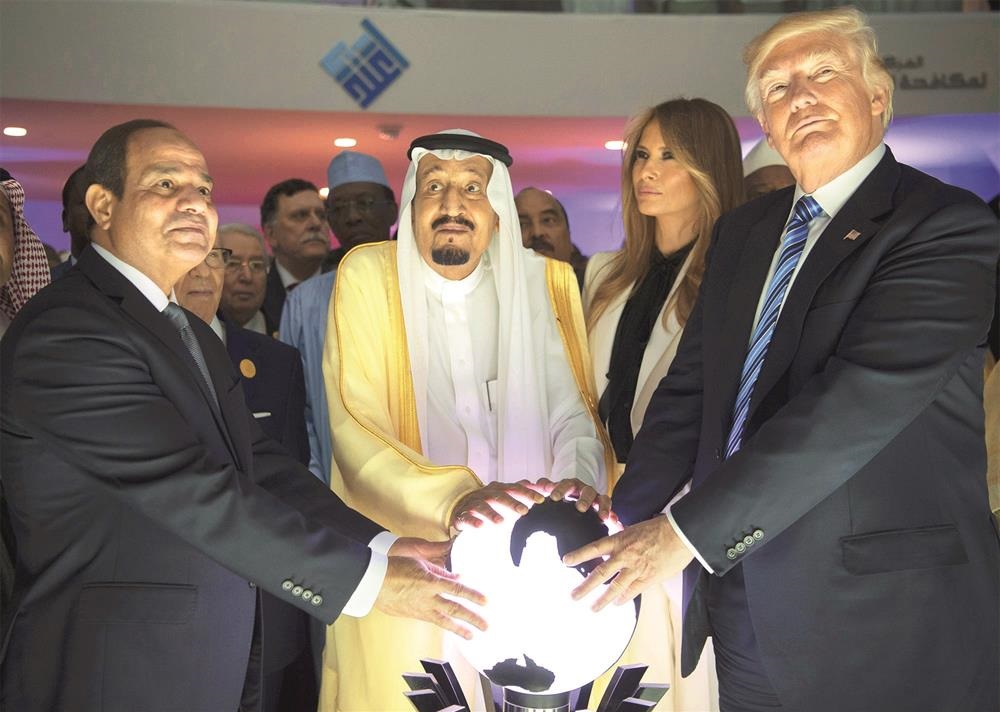
Donald Trump and top Saudi officials discussed removing Turkey from the Syrian equation and shifting the headquarters of the Syrian opposition’s headquarters from Istanbul to Riyadh
Details of U.S. President Donald Trump’s Saudi Arabia visit, immortalized in the public’s memory with his orb and sword dancing photos, have started to emerge.
In Riyadh, it was discussed that Turkey should be completely removed from the Syria equation. The U.S. delegation said, "All relations between Turkey and the Syrian opposition should be cut off. In this regard, initiatives must be redeveloped.”
The removal of the Syrian opposition Revolutionaries Forces Coalition (SMDK) in Syria and the Syrian Provisional Government in Gaziantep, which were based in central Istanbul, were among the topics discussed at the same talks.

The new decision-making and management center was settled on as Riyadh, and the more effective use of Jordan and Egypt in arms and logistical support was skeptical.
The removal of the National Coalition for Syrian Revolutionary and Opposition Forces (SMDK), based in Istanbul, and the Syrian Interim Government in Gaziantep, from Turkey was among the top agenda items of the meeting.
The Trump administration wanted Saudi Arabia to take the “leader” role in the new process, while Saudi officials wanted the U.S. to support Iran's blockade of the Tehran-Baghdad-Sham-Beirut Shiite corridor.
Riyadh also wanted stronger support from Iran, in the face of Iran's continuing expansion policy toward Yemen and Bahrain.
Efforts to end the civil war in Syria, which has reached its seventh year, have been mainly led by Turkey, Russia and Iran. The first move of the U.S. was to take over the umbrella organization the SMDK was under.
Former SMDK President Ahmet Carba, who is close to the Saudi administration, has started a period of persuasion, trying to convince members for the establishment of a new U.S.-guided structure.
The inclusion of the Heyet-i Tensik group, which still maintains its activities based in Damascus, in the SMDK was among the demands that the Saudi administration conveyed through Ahmet Carba.

Following the visit of Donald Trump to Riyadh on May 20, decisions were taken by Saudi Arabia's Foreign Minister, Adel al-Jubeir. Commissioning two names in this regard, Jubeir budgeted $100 million to convince the opposition and “restructure the Syrian opposition.”
Following the decisions taken in Riyadh, the Saudi-based structure began to threaten Qatar businessmen and charities, the country that gave the greatest support during the Syrian war, to '”withdraw from the region.” It was requested that all persons and organizations charged with terrorist support should stop all work in the region.

Among the organizations that are subjected to Saudi threats are the Qatar Red Crescent, Qatar al-Hayriyye Rafif, Raf, Hayd al Qatariya, Iyd and Raf. Qafar Red Crescent and Qatar al-Hayriyye which announced that they would continue their activities in Syria. Rafif, Hayd el Katariyye, Iyd and Raf decided to halt their humanitarian aid activities.
The U.S.-Saudi alliance, which wants Qatar to withdraw from the scene, now requires all relief activities to be conducted through the Malik Salman Assistance Center, established by Saudi Arabia.
Associations and foundations funded by Qatar are serving in many areas in Syria including education, health, refugee camps, orphanages and food.
Hello, the comments you share on our site are a valuable resource for other users. Please respect other users and different opinions. Do not use rude, offensive, derogatory, or discriminatory language.
The floor is all yours.












